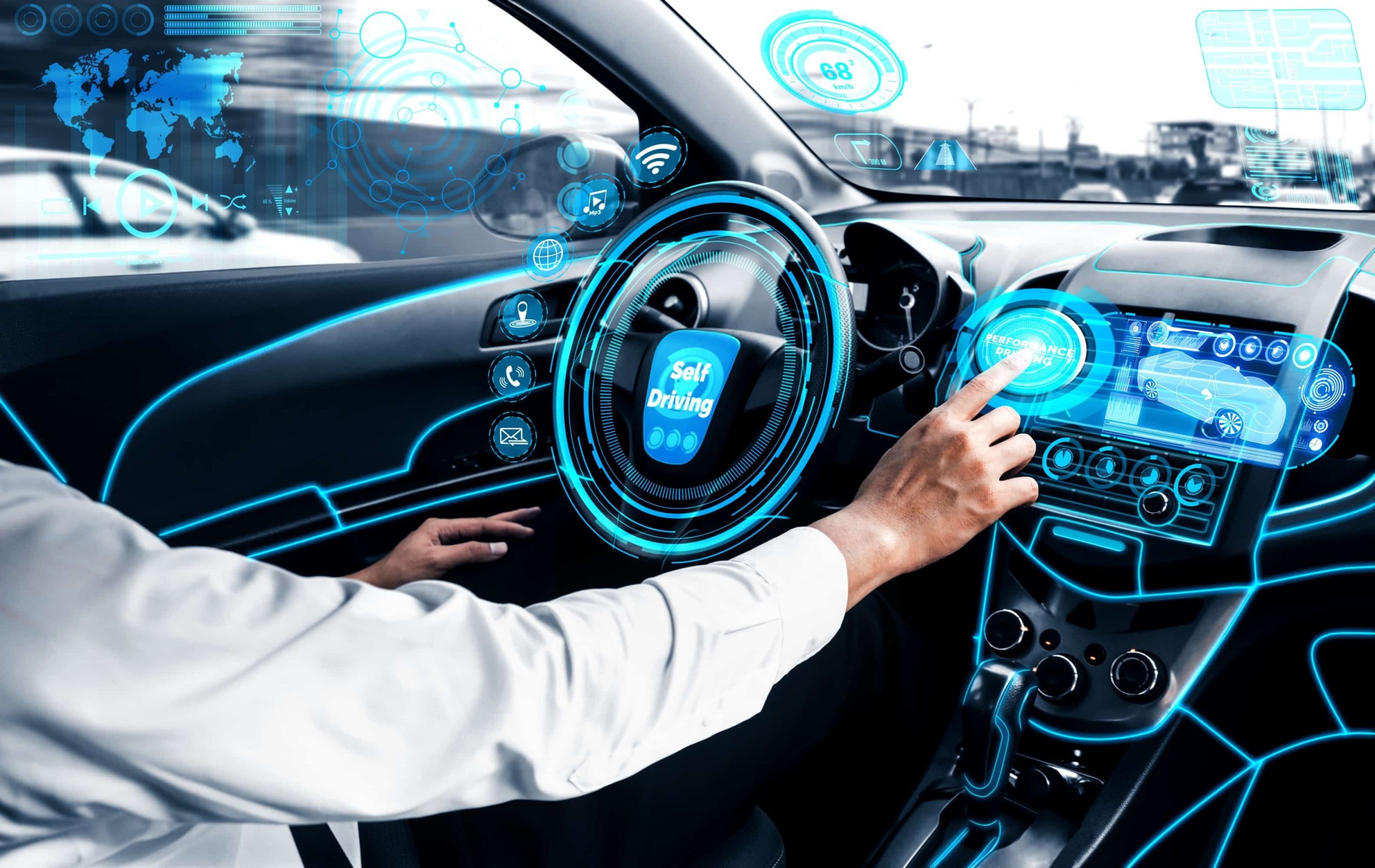Self-driving cars, once considered a mere concept, are now rapidly becoming a reality as technological advancements
continue to shape the automotive industry. With the potential to revolutionize transportation as we know it,
self-driving cars offer a glimpse into a future where commuting becomes safer, more efficient, and environment-friendly.
In this article, we explore the rise of self-driving cars and delve into the numerous benefits they bring to our
society.
The Evolution of Self-Driving Cars
The development of self-driving cars can be traced back to the 1920s when the first attempts at creating autonomous
vehicles were made. However, it wasn’t until recent decades that significant progress was achieved. Today, companies
like Tesla, Google, and Uber are leading the race in developing, testing, and implementing self-driving technology
on the roads. With advancements in artificial intelligence, sensor technology, and machine learning, these cars
are becoming smarter and better equipped to navigate the complexities of real-world driving conditions.
Benefits of Self-Driving Cars
The rise of self-driving cars brings forth a myriad of benefits that can have a transformative impact on society.
Firstly, these vehicles have the potential to greatly reduce traffic congestion, as they can communicate with
each other and make calculations to optimize routes, minimizing the chances of bottlenecks and increasing overall
transportation efficiency. Additionally, self-driving cars promise improved road safety, as they are designed
to operate within predefined limits, removing human error from the equation. With the majority of accidents caused
by human factors, the adoption of autonomous vehicles could potentially save countless lives and prevent injuries.
Another significant advantage is the positive impact on the environment. Self-driving cars are typically electric
or hybrid, contributing to a reduction in greenhouse gas emissions and air pollution. By eliminating idling time
and optimizing routes, they help conserve energy and enhance fuel efficiency.
The Challenges Ahead
Despite the numerous benefits, the rise of self-driving cars is not without its challenges. One of the major hurdles
is the legal and regulatory framework surrounding autonomous vehicles. Governments and policymakers must address
issues such as liability in accidents involving self-driving cars and establish unified regulations to ensure
a smooth transition to this new era of transportation. Additionally, concerns regarding cybersecurity and privacy
need to be addressed to maintain public trust in the technology and ensure the protection of personal data collected
by these vehicles.
Conclusion
The rise of self-driving cars represents an exciting era in the automotive industry. With the potential to revolutionize
transportation, these vehicles offer a multitude of benefits including improved road safety, reduced congestion,
and a positive environmental impact. While challenges remain, it is evident that self-driving cars are here to
stay. As technology continues to evolve, our future roads will be shared with autonomous vehicles, providing us
with a safer, more efficient, and sustainable means of transportation.

